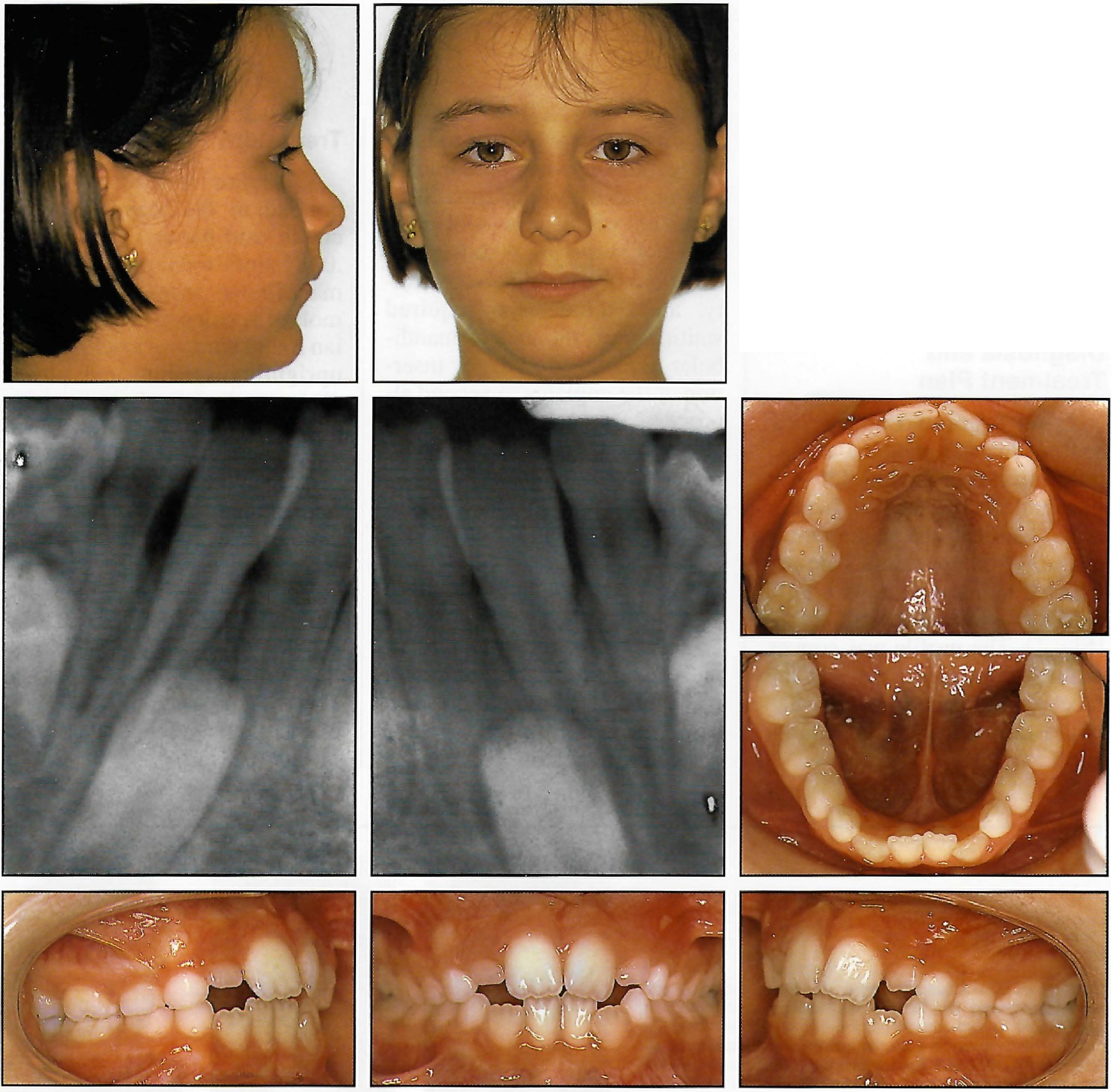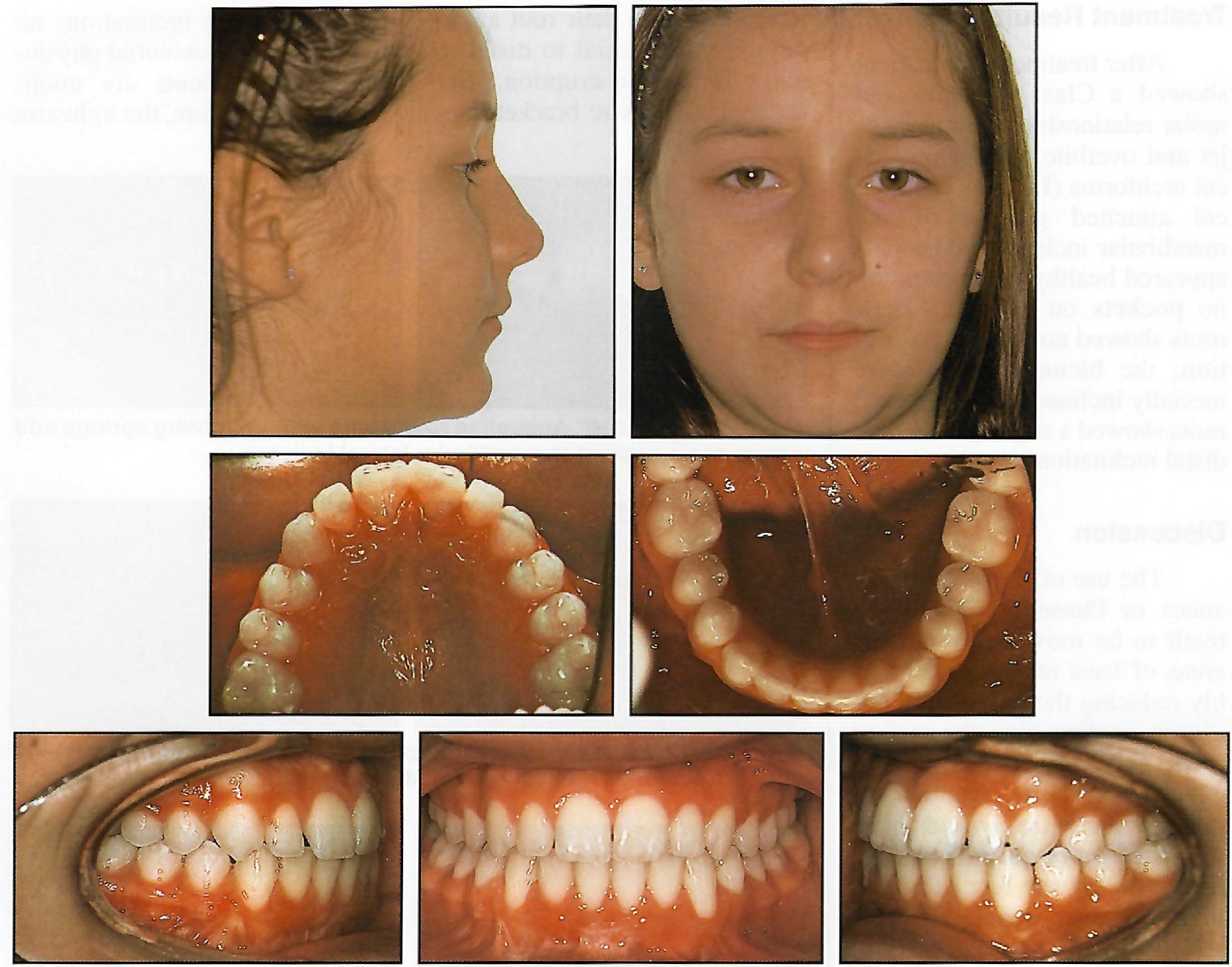My transition from private professional life to an academic one at the University of Texas Health Science Center in San Antonio is only a few months old. I came to UTHSCSA to direct the new orthodontic residency program, but thus far I find myself more a beneficiary than a benefactor. The most valuable part of the job for me has been the collegiality this university affords--not just with other orthodontists, but with people in the other health science disciplines as well. Whenever I have a question about dentistry, medicine, research, or statistics, I need only walk a few steps to find someone who can contribute substantially to the answer. Having never had that opportunity before, I find it as exhilarating as it is enlightening.
As I go about the school, I generally observe the instruction and course development to be far superior to what I experienced 45 years ago. Occasionally, however, I come across what seems to be a notable deficiency in the current dental curriculum. For example, one of my new and valued orthodontic colleagues, Dr. Clarence Bryk, recently asked the senior class at UTHSCSA how many knew Koch's postulates. Out of 90 students, only one responded affirmatively, and this student had a master's degree in bacteriology. Koch's postulates were--and to my mind still are--among the most fundamental confirmations of the scientific method that has carried Western Civilization forward over the past several centuries. I was appalled to discover that only one out of 90 new and scientifically trained professionals from an excellent institution had any idea what these core principles were about, let alone being able to recite and apply them.
Similar articles from the archive:
- THE EDITOR'S CORNER Lessons Learned September 1997
- THE EDITOR'S CORNER By Your Pupils You'll Be Taught May 1995
- THE EDITOR'S CORNER Striking a Balance July 1994
But then, how many JCO readers can recall Koch's postulates, or describe how the application of these principles has affected their professional lives? Just as a memory boost, let's look at them again:
- The causative organism must be in every case of the disease.
- The causative organism must be isolated and grown in pure culture.
- The causative organism must, in pure culture, give rise to the disease when inoculated into a susceptible animal.
- The causative organism must be observed in and recovered from the experimentally diseased animal.
Of course, Koch's postulates were intended as a formulation of the germ theory of disease. By simply changing the words "causative organism" to "etiological agent", however, you will create some powerful tools for the evaluation of dental therapies. Consider the effect of their application to a couple of ideas that have gained considerable appeal among both general dentists and orthodontists.
A few years ago, a plaintiff attorney, aided and abetted by a dentist, convinced a jury that the extraction of maxillary bicuspids caused TMD. This single episode may have had more to do with the resurgent popularity of nonextraction therapy than any other event. Were the theory true, however, then according to Koch's postulates, you should be able to produce TMD in any patient simply by extracting bicuspids. The AAO and NIH subsequently collaborated on some first-class research that, as far as I'm concerned, proved that the extraction of bicuspids could not and did not cause TMD. From time to time, though, I still hear this cockamamie theory of TMD etiology promoted by dentists and orthodontists who have had every opportunity to learn the scientific method, but somehow have not done so.
Another idea that has had some popularity among dentists concerns the toxicity of amalgam. The promoters of this bizarre theory have blamed amalgam for diseases as diverse as multiple sclerosis and chronic headaches. The application of Koch's postulates would have given the lie to that notion right away, but many dentists forgot all about applying their scientific skepticism and rushed to replace perfectly serviceable amalgam restorations--at considerable expense to patients, I might add.
When claims such as these are made, dentists couldn't do much better than to repeat the catch phrase of Cuba Gooding, Jr., in the movie, Jerry Maguire: "Show me the money". In other words: display the proof. Such a request is neither unreasonable nor impolite, and anyone aspiring to scientific credentials should expect no less.
This isn't to say that the scientific method can't produce errant results. We often learn that some scientific theory is no longer tenable in the face of new evidence. Unlike political ideologues, scientists have always reserved the right to be wrong and to admit their error. There is no dishonor in this; in fact, it is the hallmark of the educable person. Karl Popper's entire philosophy was based on the belief that true scientists should go through life trying to disprove their own theories. But when scientifically trained dentists abandon principles such as Koch's postulates, they lose their objectivity and become no better at evaluating hypotheses and results than the scientific illiterate. Our academic institutions, before all else, need to build an unshakeable foundation from intellectual cornerstones such as these.
LWW







